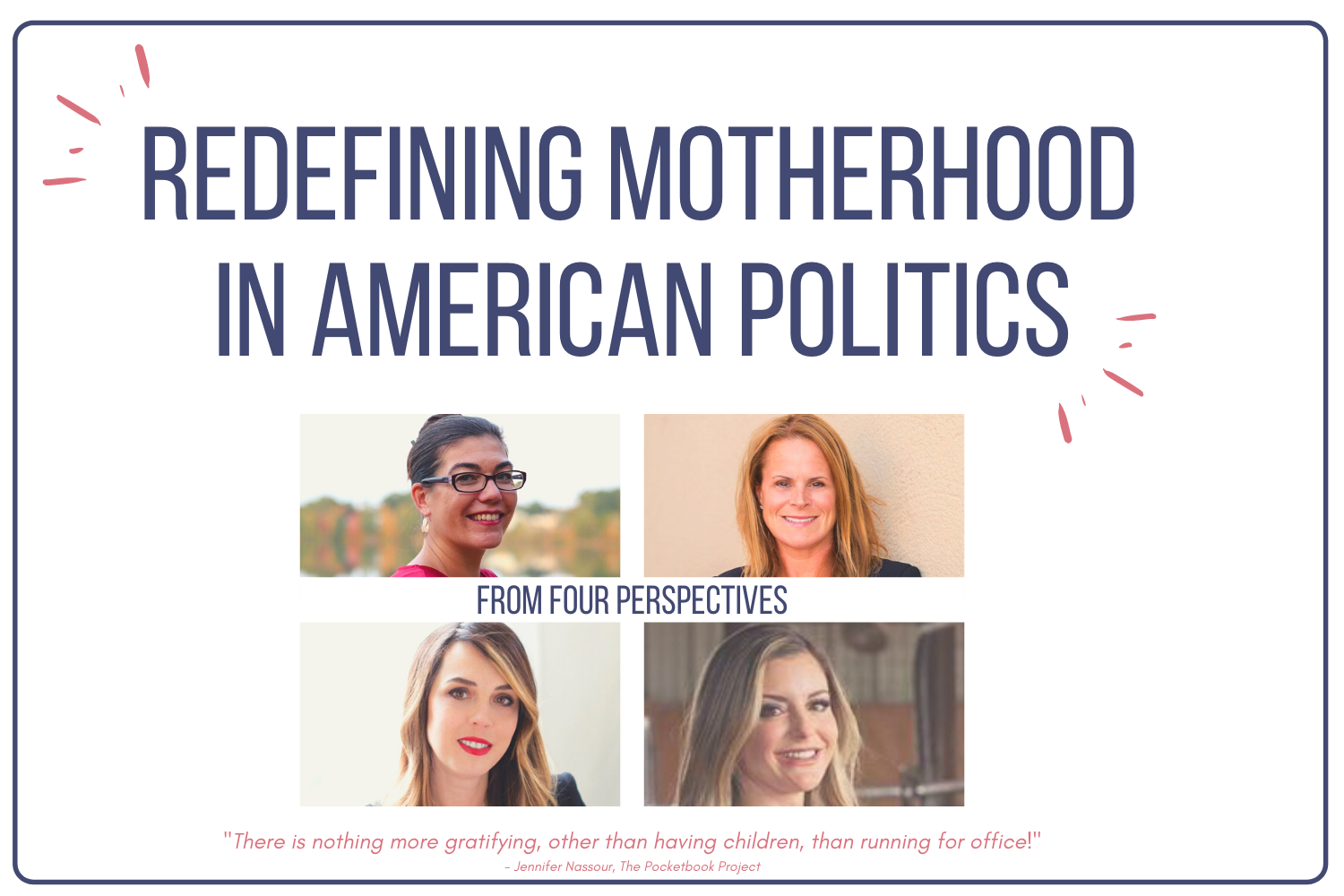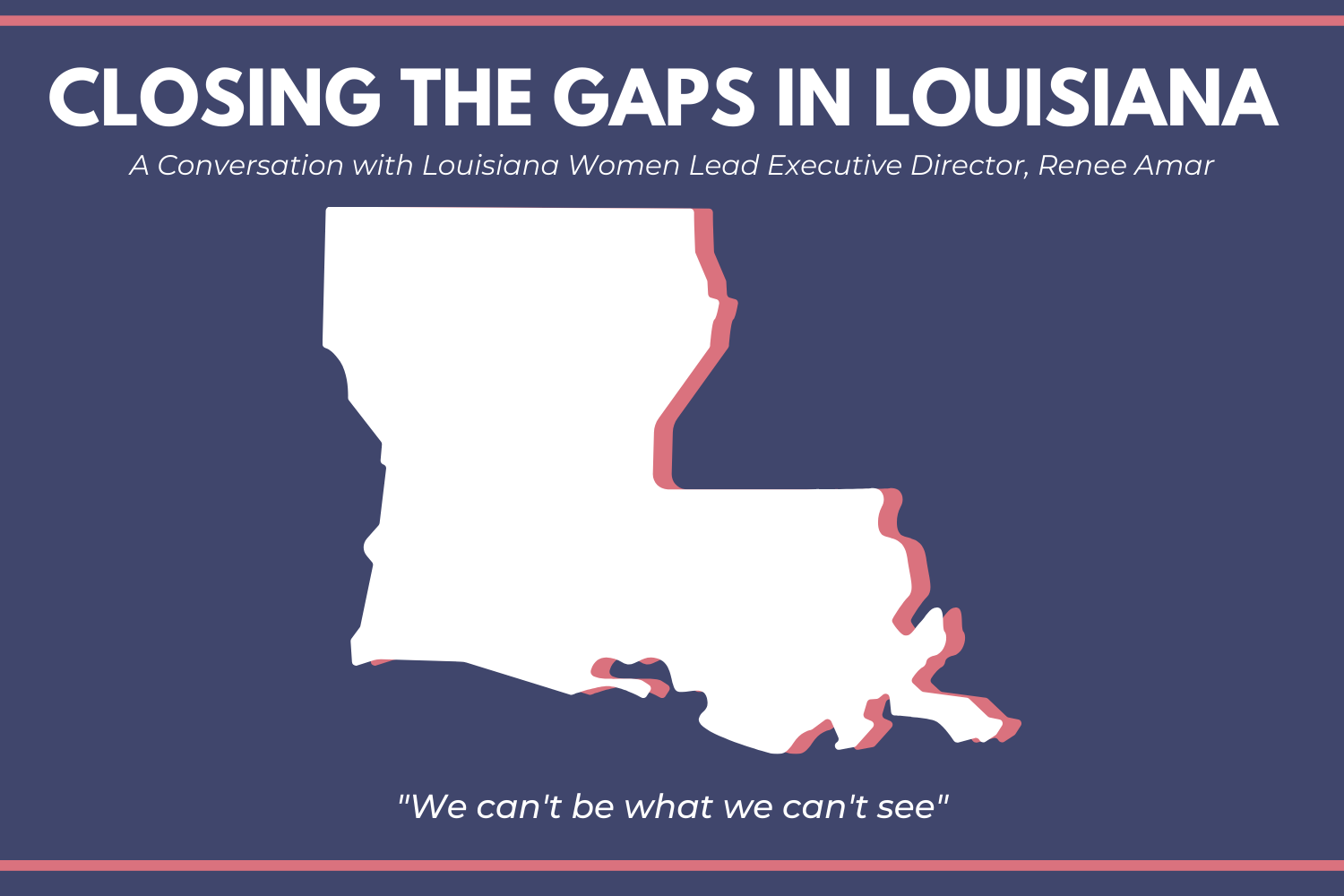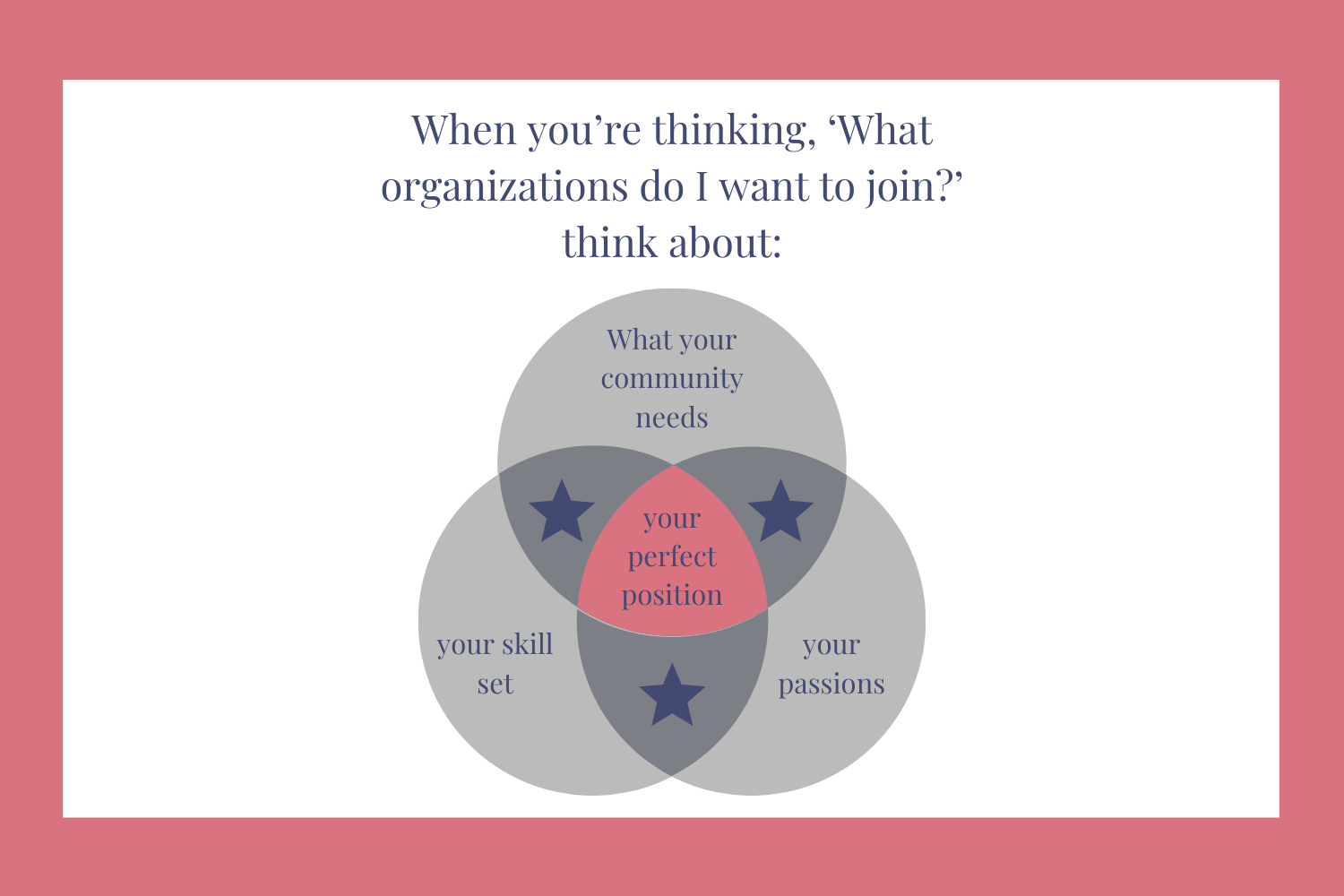Redefining Motherhood in American Politics: Four Perspectives
It’s easy to only focus on the overall gender gap between men and women in public office in the United States. But in doing so, we neglect to focus deeper, specifically on the life experiences that impact women more than men.
In a Pocketbook Project and WPLN Facebook Live, Claire Chase, Tatyana Semyrog, Summer Schmaling, and Jennifer Nassour spoke of their experiences as mothers on the campaign trail. Their conversation offered deep insight into the juggling act many mothers face in their political journeys and highlighted the importance of having voices that truly represent every American in order to gain better policy outcomes.
In the 116th Congress, there were 25 Congresswomen with young and school-aged children. These women face unique challenges when starting their campaigns. In general, women are statistically more likely than their male counterparts to need more support to run for office. Imagine now, the support needed in Chase’s case with young twins at home, or in Semyrog’s case as a widow and a single mother of three young girls. Im each of these women's cases, the entire reason they ran—the push they felt—were these children. For Schmaling, she “became an activist [for her kids], [she] had done [her] job to educate parents about what was happening in [their] schools.” She continued saying she “just had to keep pushing forward, [she] put all [her] cards on the table and [she] took a stand on everything.” For each of these women, they found the inspiration they needed from their children.
Semyrog continues saying that it is the farthest thing from easy. Campaigning and motherhood is definitely a balancing act, and she is trying to show her daughters how important it is for women to stand up for what they believe in. Chase felt a similar way, agreeing that she, too, wanted to set an example for her daughter. Chase shared that she has told her daughter, “if you want to be President, you are perfectly capable and can do if that is what you want to do.”
These women decided to make a change for the future of their children, whether it be local changes to their children’s school system or a belief in and desire for more freedom and diversity of thought. Each of them wanted to serve as an example for their children—to show them that that they could do anything and achieve anything.
And while they felt supported and encouraged by their children, the true scrutiny came from people outside of their family. Women leaders from her own party asked Nassour at her campaign fundraising event, “who is taking care of your kids while you are here?” Because of this critique that mothers often face, many women choose to wait until their children are grown to run. This again creates a limitation, as the time and opportunity for women to reach leadership positions within the political arena is reduced, and it takes them much longer to gain coveted seniority within state legislatures, Congress, on boards and commissions, and more. Nassour was shocked at this comment that she would receive often, especially perplexed that this kind of rhetoric was coming from other women. Chase agreed, saying she believes that particularly on the right, there is a “problem with supporting young mothers who are out there, fighting for a difference, and are well-qualified to win these races.”
Although motherhood is often celebrated, there does exist a motherhood penalty within American culture. Every one of these women experienced this while campaigning—other individuals doubted their competence and commitment to both their occupation and children, limits of leadership possibilities, and often a much lower salary than their male counterparts. Yet men do not have these same penalties. In fact, sociologists argue the opposite—that there is a fatherhood bonus, often signaling a stronger work commitment, stability, and deservingness.
In the 116th Congress, there were 103 Congressmen with young and school-aged children. This male to female parent gap of 78 members of Congress emphasizes that social constructs and expectations of motherhood are still extremely prevalent and limiting. When these women were asked, “What can husbands do to support their wives to consider running for office?” Chase answered that she has received advice from many women who told her, “This is a partnership, you are not running on your own, he is standing with you, not behind you. That has to be what you go in knowing, you have to be one-hundred percent on the same page.”Why do we as Americans continue to place limitations on mothers? These four women were empowered to run, often being unapologetic about being a mom, as Schmaling put it—she is a mom, first and foremost.
It’s important to acknowledge that these women did not run alone. To run a strong campaign, one's entire personal life is often uprooted. Although these women found it difficult to ask for help, many did have a few members of their “village” to help them run. From Schmaling’s corner, she said her sixteen year old daughter Caroline has become “her rock.” She also validated other women saying that she often goes a lot of events alone because she needs her husband to be home with the kids.”
Claire Chase, on the other hand, has both her in-laws and parents living in their community. Therefore, she said, she was able to rely on the family and feels very fortunate to have that support system. Because of the hurdles of parenthood, Claire said that she like wouldn't have made the decision to run without that support . She recommended that every mom planning to run to “engage in your village.” Tatyana Sembryog was one of the first on this Facebook Live to admit her struggles with asking for help. Throughout her campaign she has learned to ask and receive help along the way.
Campaigning and motherhood is obviously no easy task. However, many of these struggles stem from the lack of conversations about having success in both roles. These women perceived their experiences as mothers as a crucial part of their efforts and success on the campaign trail and someday as elected officials. As Chase put it, “We are the best at multitasking, we are brilliant, we are smart, we know we are hard workers, we are driven, we manage household schedules in a way that is absolutely unbelievable.” said Claire Chase.
But, they continue, what is rarely discussed is the “how.” Many mothers want to be more civically engaged and run for office. Many mothers believe they can and will succeed. But the lack of women, specifically Republican women is what almost stopped them. Chase also reiterated that support from local parties and from fellow women is a critical part of success. She continued, “the more that we talk about it, the better off we will all be. The more women [they] can get elected will be better for everyone.”
Nassour closed with an encouragement to all women to support one another through their campaigns. Knowing that there is another woman there, regardless of political affiliation, makes all the difference. The United States only benefits from having diverse perspectives in every level of office. Supporting women like these panelists is necessary for true representation and improved policy across the aisle. For more mothers to be successful, more conversations like this should be shared.
For more detailed information on their stories and advice, watch the full conversation between these four women below or check it out on Facebook.



